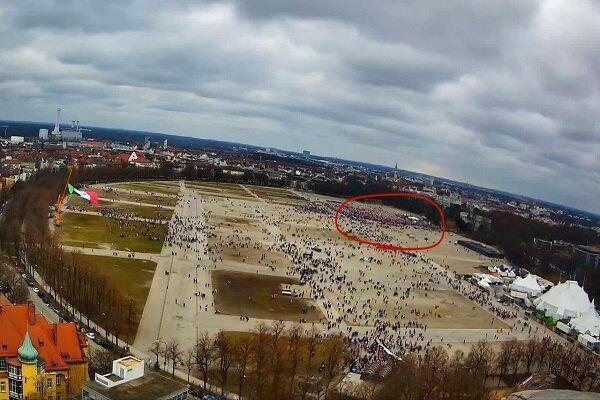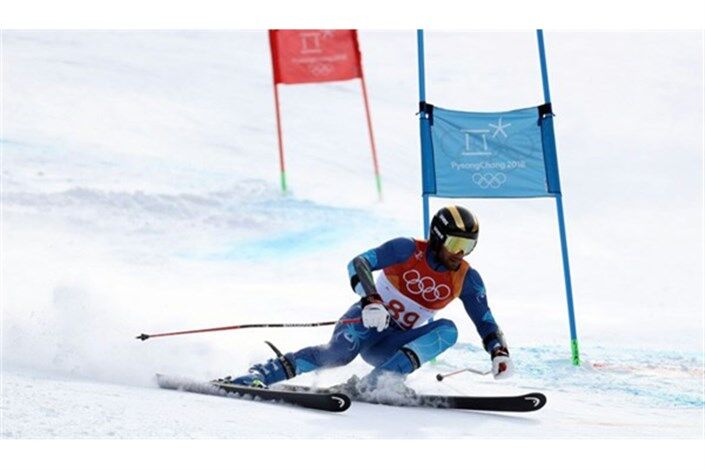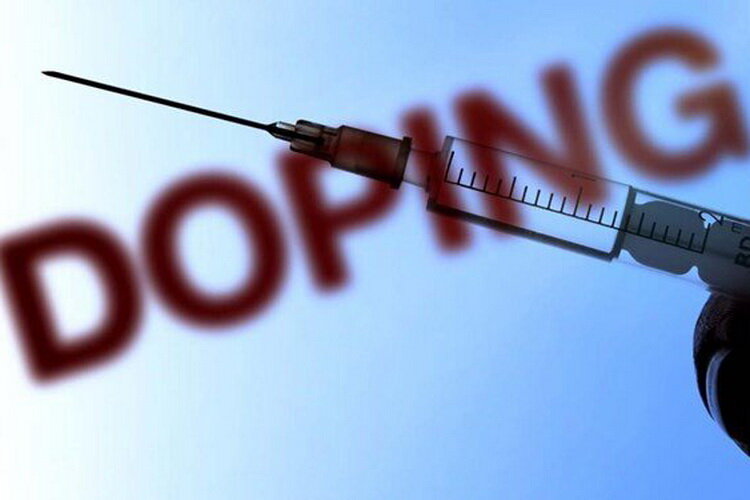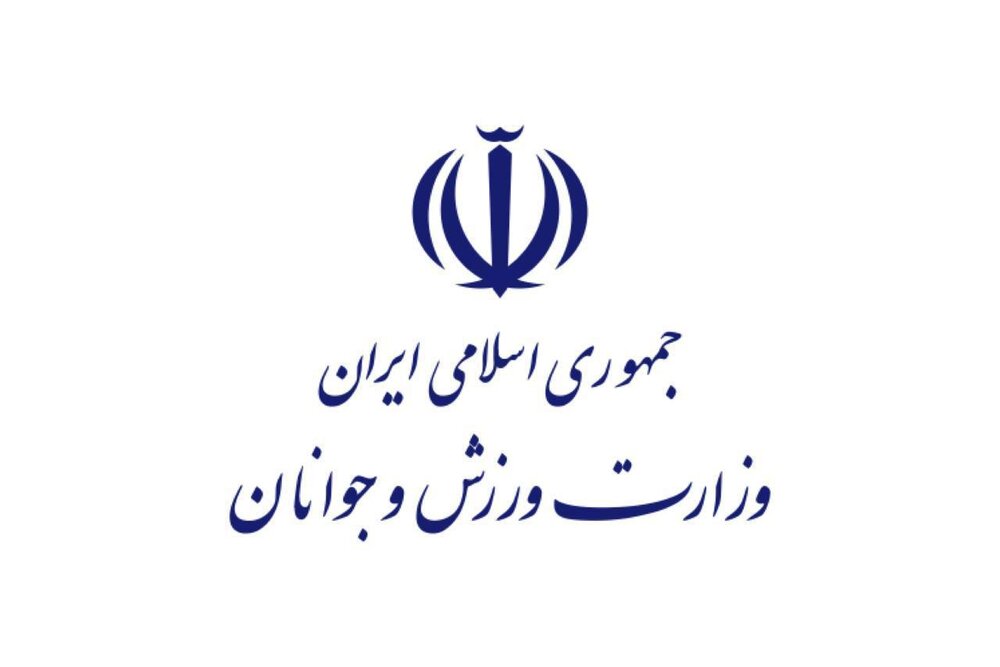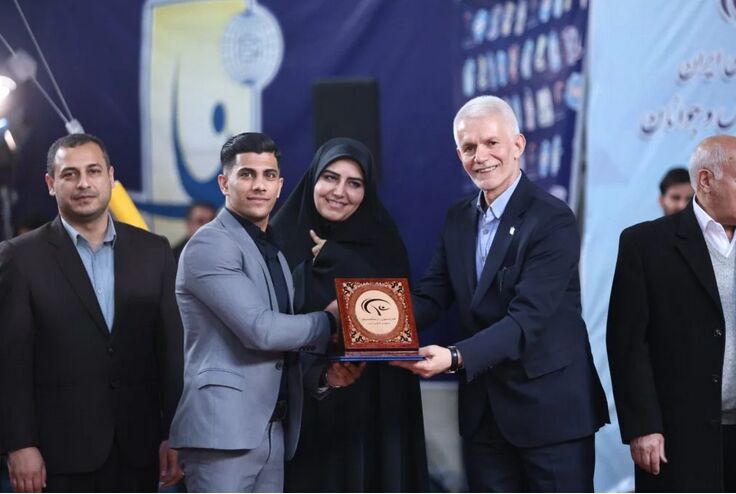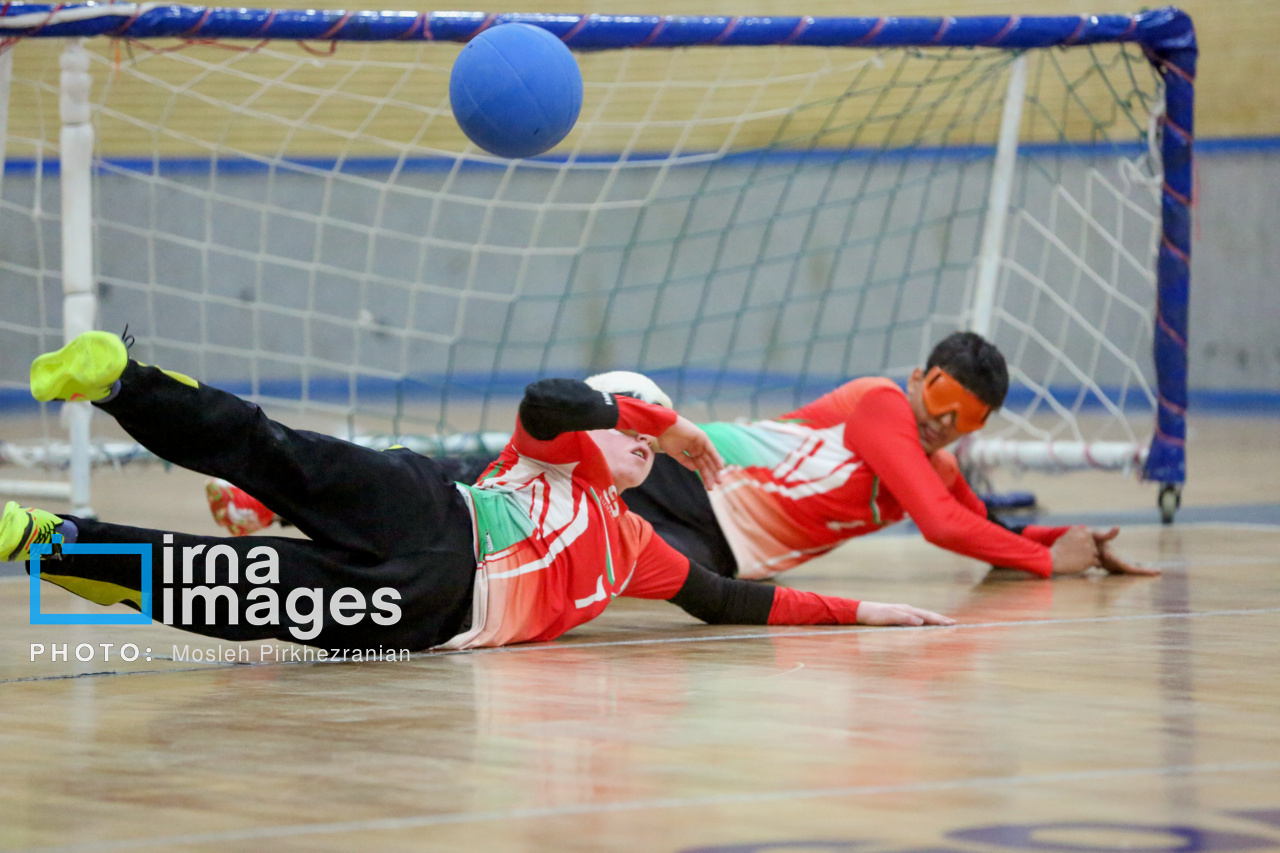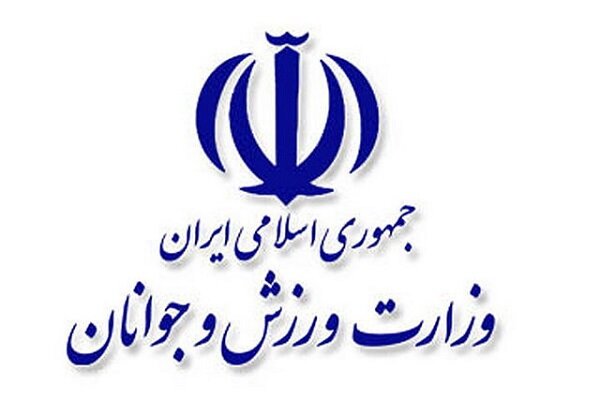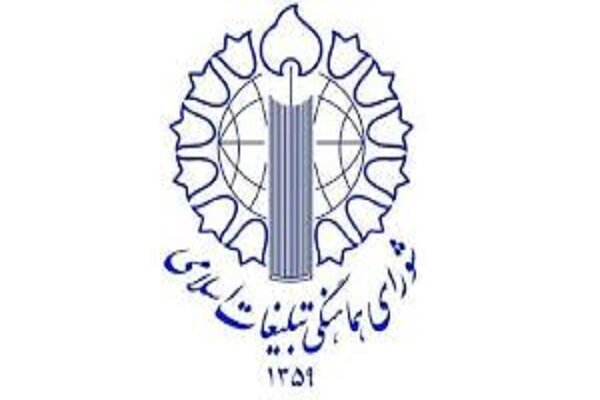Could the ICC pursue Emirati complicity for RSF crimes in Sudan’s Darfur?
Could the ICC pursue Emirati complicity for RSF crimes in Sudan’s Darfur?

The Rapid Support Forces (RSF) capture of Sudan’s el-Fasher, and the massacres that accompanied it, has prompted renewed accusations against the United Arab Emirates of its alleged complicity in the atrocities perpetrated by the notorious paramilitaries.
The UAE, as a state, has already been accused of complicity in genocide at the International Court of Justice due to its links to the RSF, but the court dismissed the case, even before it started, over a technicality.
On the other hand, the International Criminal Court (ICC), the other Hague-based court which prosecutes individuals, rather than states, for international crimes, has an existing investigation into atrocities in Sudan, and has so far only prosecuted Sudanese nationals for their role in the Darfur conflict two decades ago.
Since it is widely documented that the UAE is the RSF’s main patron, can the ICC prosecute Emirati officials too?
For ICC experts, the short answer is yes, but realistically, pursuing Emiratis before the court will likely face major obstacles.
“There are significant challenges to bringing such a case,” Melanie O’Brien, international criminal law scholar and president of the International Association of Genocide Scholars, told Middle East Eye.
“The jurisdiction the court has is only over crimes committed in Darfur. So what we would then need is to be able to connect someone who is in the UAE to crimes being committed in Darfur, and work out how we could exercise jurisdiction.”
'What we would need is to be able to connect someone who is in the UAE to crimes being committed in Darfur, and work out how we could exercise jurisdiction'
- Melanie O’Brien, president of
Association of Genocide Scholars
El-Fasher is the capital of North Darfur state, so within the ICC’s mandate.
Sergey Vasiliev, an ICC expert and professor at the Open University of the Netherlands, said the legal basis is there, but practically there might be other hurdles.
“There is a jurisdictional basis for the ICC to investigate the reported ongoing massacres in el-Fasher, as well as to investigate and prosecute UAE officials for complicity in the RSF's alleged crimes,” he told MEE.
“But whether or when the ICC office of the prosecutor would take the step of going after UAE officials and citizens is a different issue. It is a matter of prosecutorial strategy and discretion.”
Neither Sudan nor the UAE have ratified the ICC’s founding treaty, the Rome Statute. So how is the court exercising jurisdiction? And how can that extend to nationals of a state that is not a party to the conflict?
Below, Middle East Eye unpacks the ICC rules that would enable the prosecution of Emirati officials, and the obstacles that may prevent such a move.
What are the allegations concerning the UAE?
The UAE has consistently denied supplying the RSF with arms or logistical support.
However, since mid-2023, several investigations have concluded that weapons and materiel reached the RSF via an airbridge through Amdjarass in Chad, with the UAE repeatedly named as a suspected supplier.
Middle East Eye reported in January 2024 that the UAE was supplying the RSF with weapons through a complex network of supply lines and alliances stretching across Libya, Chad, Uganda, and breakaway regions of Somalia.
On Tuesday, the Wall Street Journal cited US intelligence reports as saying that as recently as October the UAE has increased its supply of Chinese drones and other weapon systems to the RSF.
Amnesty International revealed in May that advanced Chinese-origin munitions used by RSF fighters in Darfur were “almost certainly provided by the UAE”, in breach of a long-standing UN arms embargo.
The Guardian on Tuesday reported that the UN Security Council received information earlier this year alleging the UAE may have supplied British-made arms to the RSF.
UN experts tasked with monitoring the Darfur arms embargo have examined these allegations for over a year.
While early reporting by the panel described the allegations as “credible”, the experts’ April 2025 final report did not conclusively tie specific consignments to Emirati state actors, noting that investigations into re-exports and flight manifests were ongoing.
The UAE publicly welcomed that finding as vindication, although the panel continued to probe certain consignments through Amdjarass.
Meanwhile, the US has sanctioned RSF commander Mohamed Hamdan Dagalo, better known as Hamedti, and several RSF-linked companies operating from the UAE. Washington has also formally determined that the RSF committed genocide in West Darfur.
What is the ICC’s legal basis for prosecuting Sudanese and Emirati nationals?
The ICC already has jurisdiction over Darfur.
Between 2003 and 2006, the Sudanese state fought several Darfuri rebel groups in a conflict that the UN estimates to have killed up to 300,000 people.
The Janjaweed militias used by the government of then-president Omar al-Bashir subsequently evolved to become the RSF.
In 2005, the UN Security Council referred the situation in Darfur since 1 July 2002 to the ICC through Resolution 1593.
The referral enabled the court to investigate and prosecute individuals, regardless of nationality, for genocide, crimes against humanity and war crimes committed in Darfur.
Jurisdiction is grounded in the territorial commission of the principal crimes, so individuals located outside Sudan can still be prosecuted if their actions facilitated those crimes.
The prosecutor’s office has kept Darfur investigations open and, in its June 2025 report to the Security Council, confirmed it is collecting evidence on atrocities committed after the 2023 war broke out between the RSF and Sudan’s military.
In January and July 2025, the prosecutor’s office reaffirmed that it had “reasonable grounds to believe” that atrocity crimes continued to be committed in Darfur. It added that steps were underway to apply for arrest warrants.
The ICC cannot investigate states. It could, in theory, investigate UAE nationals, including top officials, if there is credible evidence they aided or abetted RSF crimes in Darfur.
'The prosecutor has to be able to link the provision of arms to an individual, not just a country generically'
- Melanie O'Brien, scholar
So first, the prosecutor has to determine that a specific individual is responsible for crimes that the ICC can convict people for, said O’Brien.
“The prosecutor has to be able to link the provision of arms to an individual, not just a country generically,” she said.
The Bangladesh-Myanmar situation currently examined by the court provides a precedent for prosecuting individuals for crimes that begin in one country and end in another, such as the forcible deportation of the Rohingya by the Burmese military from Myanmar (a non-ICC member) to ICC member Bangladesh.
For O’Brien, the cross-border supply of weapons may be analogous to the cross-border crime of deportation.
“We would have to look at what kinds of crimes would a person in the UAE be potentially committing,” she said.
“Could we argue that they have a cross-border component, and therefore that essentially the crime was committed or at least completed in Darfur?” she added.
“That’s how the ICC could have jurisdiction.”
What is the legal basis for prosecuting Emiratis who have not directly participated in fighting?
The Rome Statute allows the court to prosecute not only those who directly committed an alleged crime but also those who aided, abetted or otherwise assisted the commission of the crime including through providing the means for its commission.
For example, it was on that basis that a US rights group urged the ICC to prosecute members of the Joe Biden administration for their government’s supply of weapons to Israel during its genocidal war on Gaza.
Two provisions of Article 25 of the Rome Statute provided the basis for the NGO, Dawn, to argue that US leaders should be prosecuted. The same are relevant to any potential prosecution of the UAE:
- Article 25(3)(c): Aiding and abetting: liability arises where a person, for the purpose of facilitating the commission of an ICC crime, aids, abets or otherwise assists (including by providing the means for) its commission.
- Article 25(3)(d): Knowing contribution to a group crime: liability for any other contribution to a crime committed by a group acting with a common purpose, with knowledge of the group’s intent. This form of liability is often used for supply-chain or logistical support cases where the contributor knows the group’s criminal aims but may not share them.
What does the prosecutor need to prove?
To pursue Emirati-linked individuals, the prosecutor’s office would have to demonstrate that:
-
RSF forces committed crimes covered by the ICC in Darfur
-
Specific persons in the UAE or acting through the country provided means (such as weapons, ammunition, vehicles, finance, or training) that materially assisted those crimes
-
Their contribution was significant to the commission of those offences
-
They acted with the intent to facilitate or the knowledge that the RSF intended to commit international crimes.
Has the ICC ever convicted anyone for external support to crimes?
No. The ICC has never yet convicted anyone solely for providing external support to armed groups in another country. So far, the ICC has focused mainly on direct perpetrators and commanders.
What are the constraints?
Vasiliev pointed out that the current events in North Darfur fall under the jurisdiction of the ICC on the basis of Resolution 1593.
“The UN Security Council resolution does not exclude citizens of the UAE from the ICC's jurisdiction over crimes in Darfur,” he told MEE.
“This means that the court may theoretically and legally investigate and prosecute Emiratis for aiding and abetting crimes there, which is how the supply and delivery of arms to RSF can be qualified under Article 25(3)(c).”
'The UN Security Council resolution does not exclude citizens of the UAE from the ICC's jurisdiction over crimes in Darfur'
- Sergey Vasiliev, scholar
In reality, however, for the ICC to investigate UAE officials and citizens would be dependent on factors beyond its jurisdiction. For example, it would depend on how much evidence the prosecutor’s office can gather and the cooperation of both the UAE and Sudan in providing evidence.
“Prosecuting Emiratis for aiding and abetting would require access to information on the supply chains and sufficient proof that arms, munitions and military equipment were delivered from UAE for the purpose of facilitating the commission of core crimes in Darfur,” Vasiliev said.
“One can anticipate serious investigative challenges there. The prosecutor’s office has no access to crime sites in Darfur and is unable to investigate on the ground, limiting itself to remote investigations.”
The text of the Security Council resolution that provides the basis for jurisdiction in this case also arguably creates another hurdle.
While demanding the Sudanese government and all others involved in the Darfur conflict to cooperate fully with the court, it recognises that states who are not signatories of the Rome Statute have “no obligation” under the treaty.
As it is not a member of the ICC, the UAE, based on this resolution, is not under a clear obligation to cooperate with its investigations.
O’Brien, however, argues that the UAE is also under an obligation to cooperate because the Security Council resolution has urged all states to cooperate fully with the court.
“This resolution is issued under Chapter VII of the UN Charter, which means it is binding on all states,” she said.
“So, technically, by the Security Council urging all states to cooperate fully with the court, essentially the UAE is bound by this resolution to cooperate with the court, even though it’s not a state party.”





